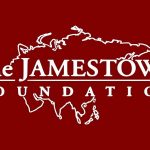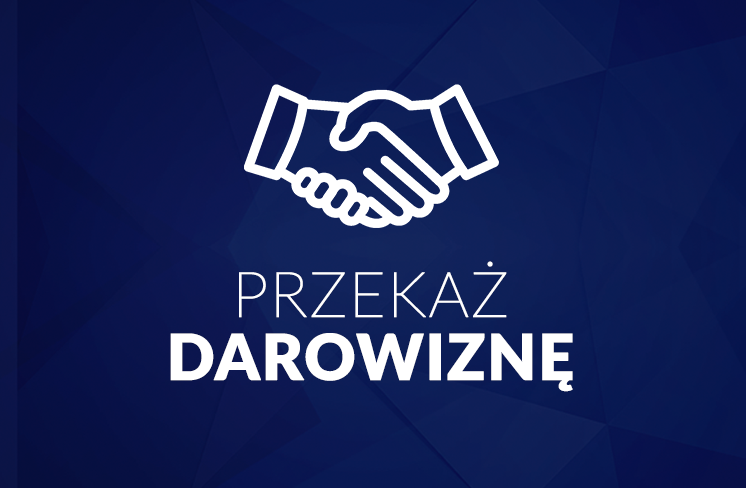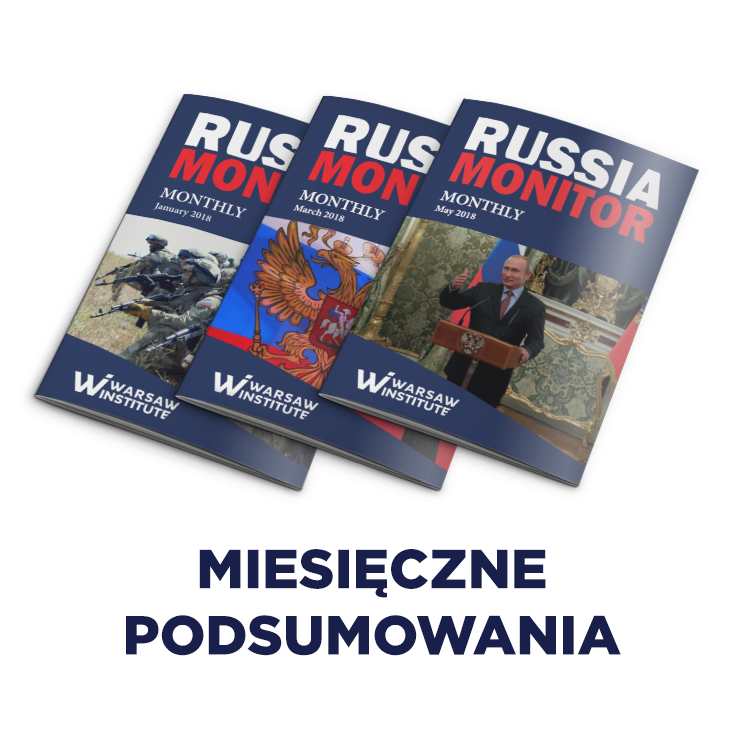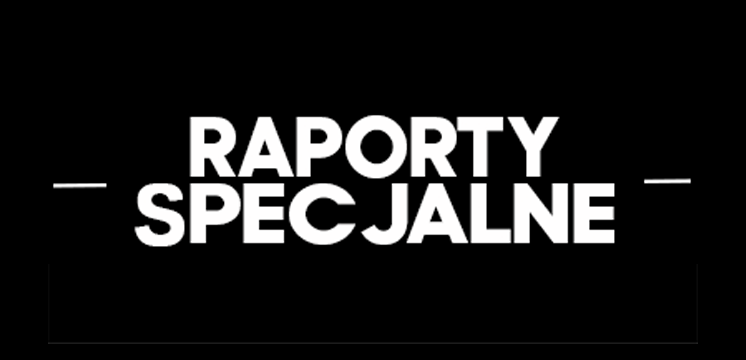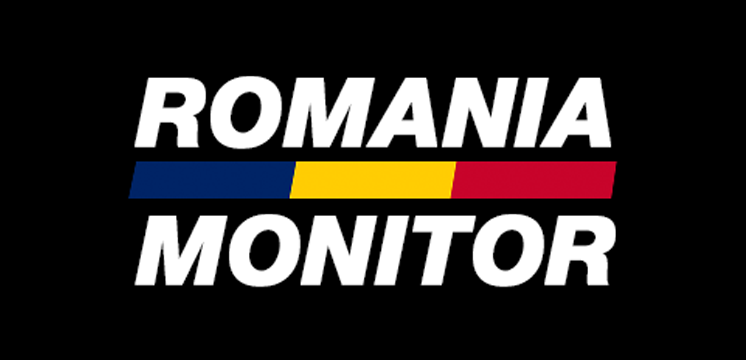AKTUALNOŚCI
Data: 20 maja 2019
Prezes The Warsaw Institute Foundation dla The Daily Signal/ Heritage Foundation
Marcin Gawęda – Prezes The Warsaw Institute Foundation (U.S.), skomentował i przeanalizował nastroje panujące w Unii Europejskiej tuż przed wyborami do Parlamentu Europejskiego. W swoim artykule pt. „Will Nation-States Make a Comeback in EU Elections?” podniósł też kwestię rosnącego patriotyzmu i nacjonalizmu w wielu krajach UE i ich możliwego wpływu na wyniki nadchodzących wyborów.

Wydawcą The Daily Signal jest Heritage Foundation
Fragment tekstu Marcina Gawędy „Will Nation-States Make a Comeback in EU Elections?”
Battle for the Soul of the European Project
From the Polish perspective, there is a raging war over values between two fractions—a battle for the soul of the European project.
On one side are those who hold the EU to be superior to the state. On the other side are those who hold to the sovereignty of nation-states, and among this group resistance to the EU has been growing, fueled by a desire of self-determination.
Today, the first group is represented by Germany, France, and the EU bureaucratic machine. The second group is reflected particularly in Hungary, Poland, and in the U.K. in the form of Brexit.
The first set of actors advocate greater unity, multiculturalism, respect for common rules, and continued deepening of the EU, including adding new countries into the eurozone. In principle, this means greater influence for Brussels, and thus for Germany and France, the two largest players in the EU.
Yet after 15 years in the EU, Poland is becoming a strong voice representing the second group. This group understands what a constant deepening of the EU entails, and it has noticed cracks in alliances and a growing suspicion among EU countries.
From a political perspective, the dispute is about determining where the periphery of EU is, who will become a second-class member of EU, and worse, who will remain one for longer.
Berlin and Paris are looking to maintain and expand their spheres of influence. This is understandable, as are the intentions of the newer EU member states like Poland and Hungary, who are beginning to realize the importance of their own historic moment and potential for the first time since the end of the communist era.
The election campaign has centered on the future of the EU, but used different language. Voters in Europe have little understanding of what the European Union really is, and the more the union deepens, the less it is understood.
The difference between the European Commission, the European Council, and the European Parliament is hard for most to grasp, and the confusion is made worse by the stunning erosion of democratic control of government. Bureaucrats seem to have seized all the important levers of power.
This is why voters are so energized. But what will it all amount to?
Cały artykuł Marcina Gawędy na stronie The Daily Signal – Will Nation-States Make a Comeback in EU Elections?

